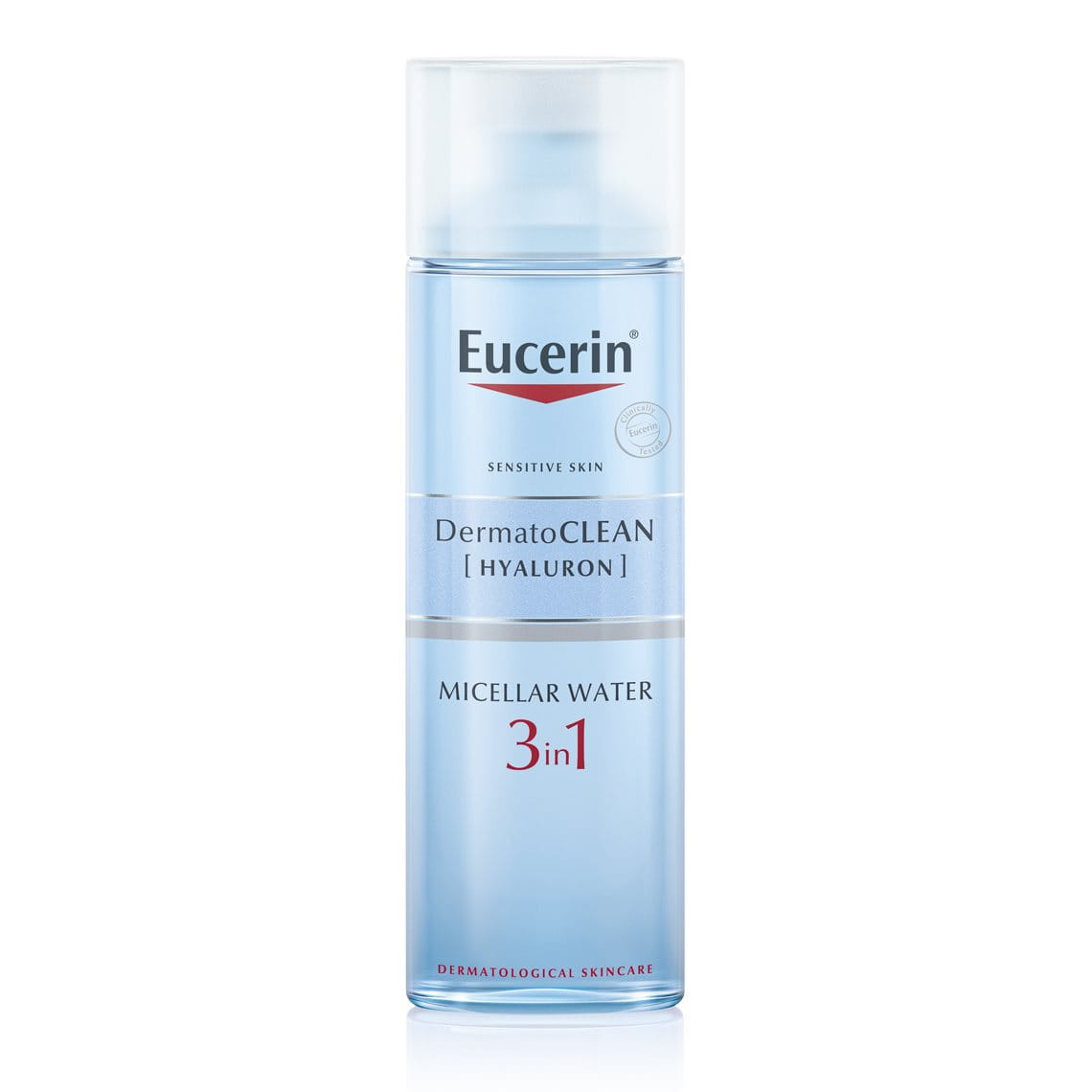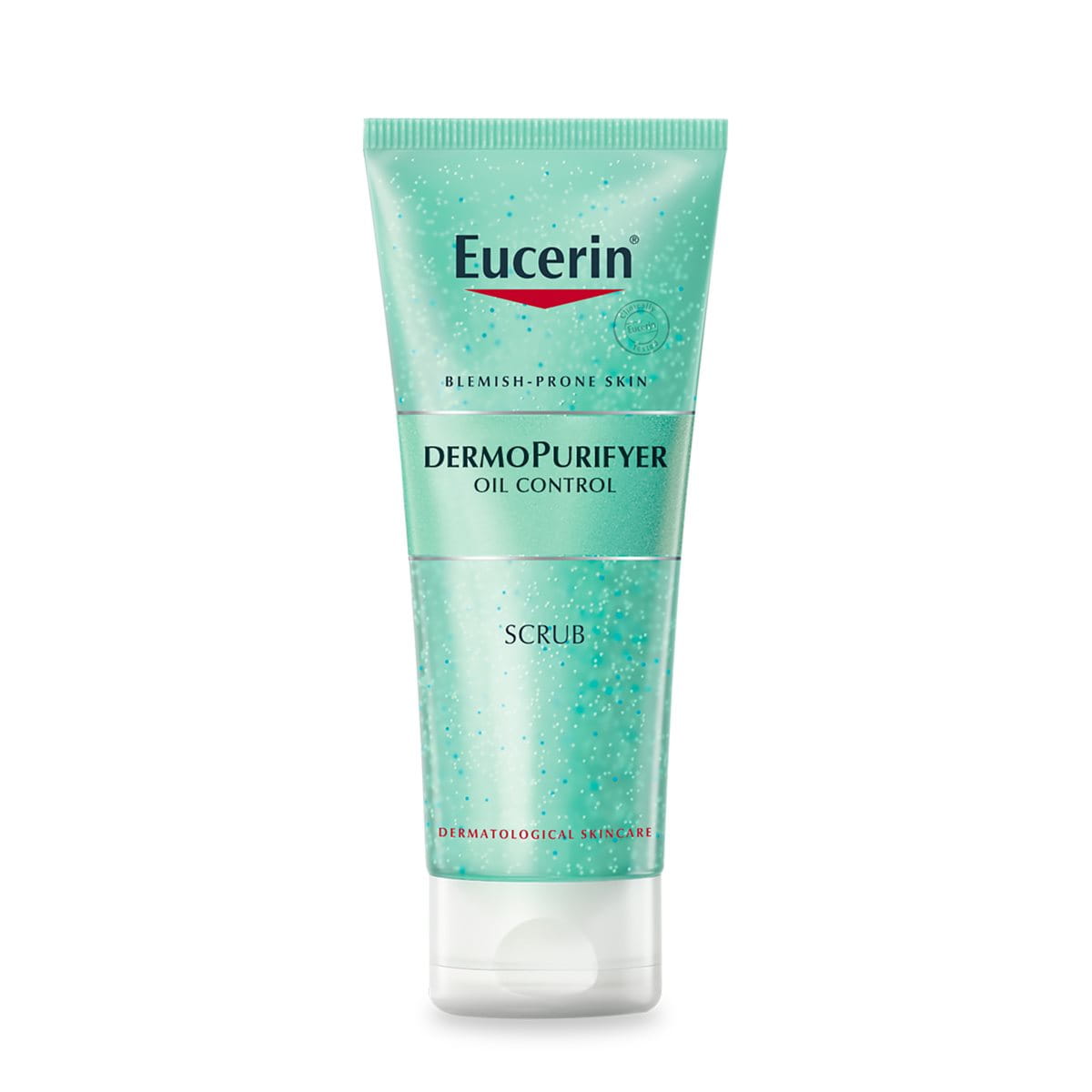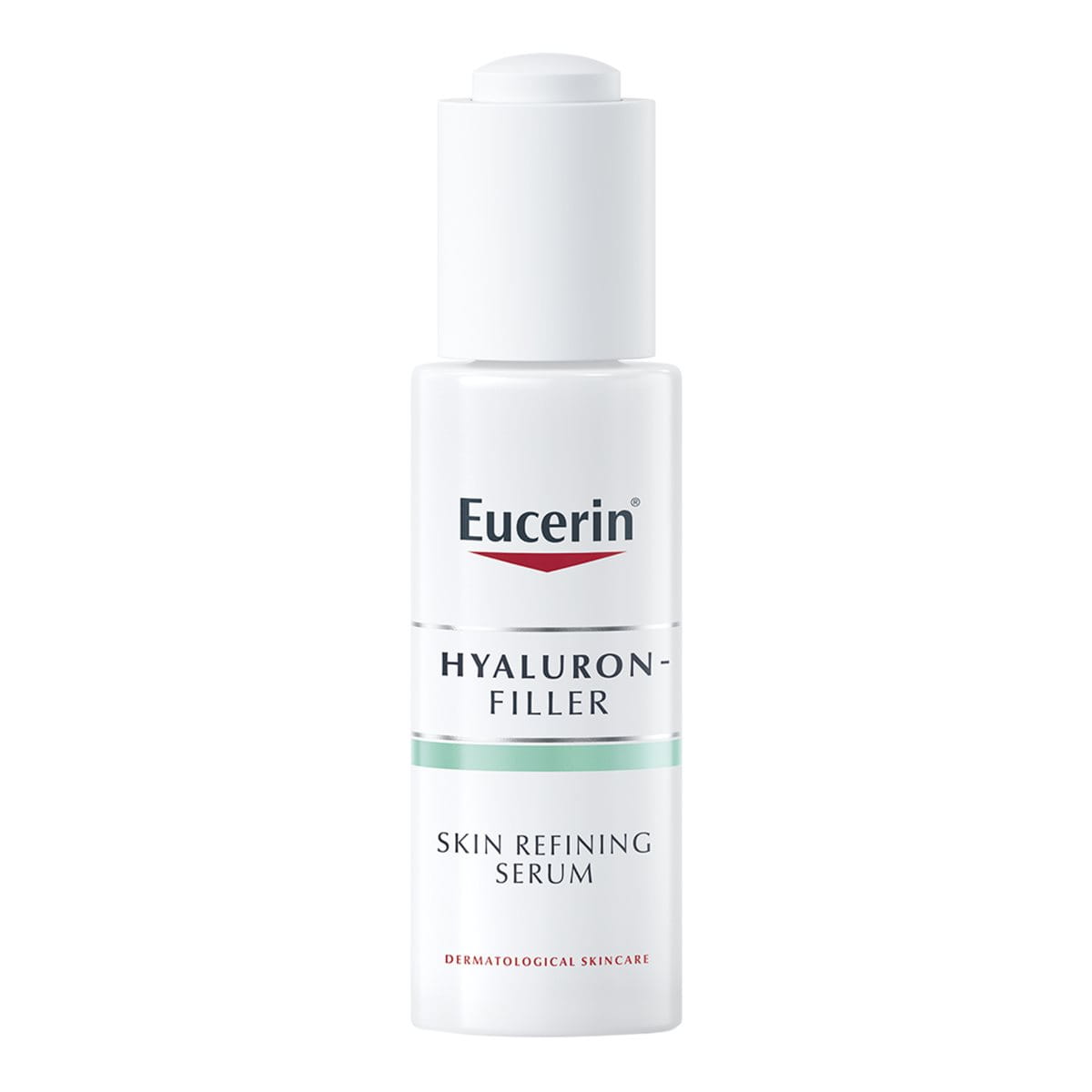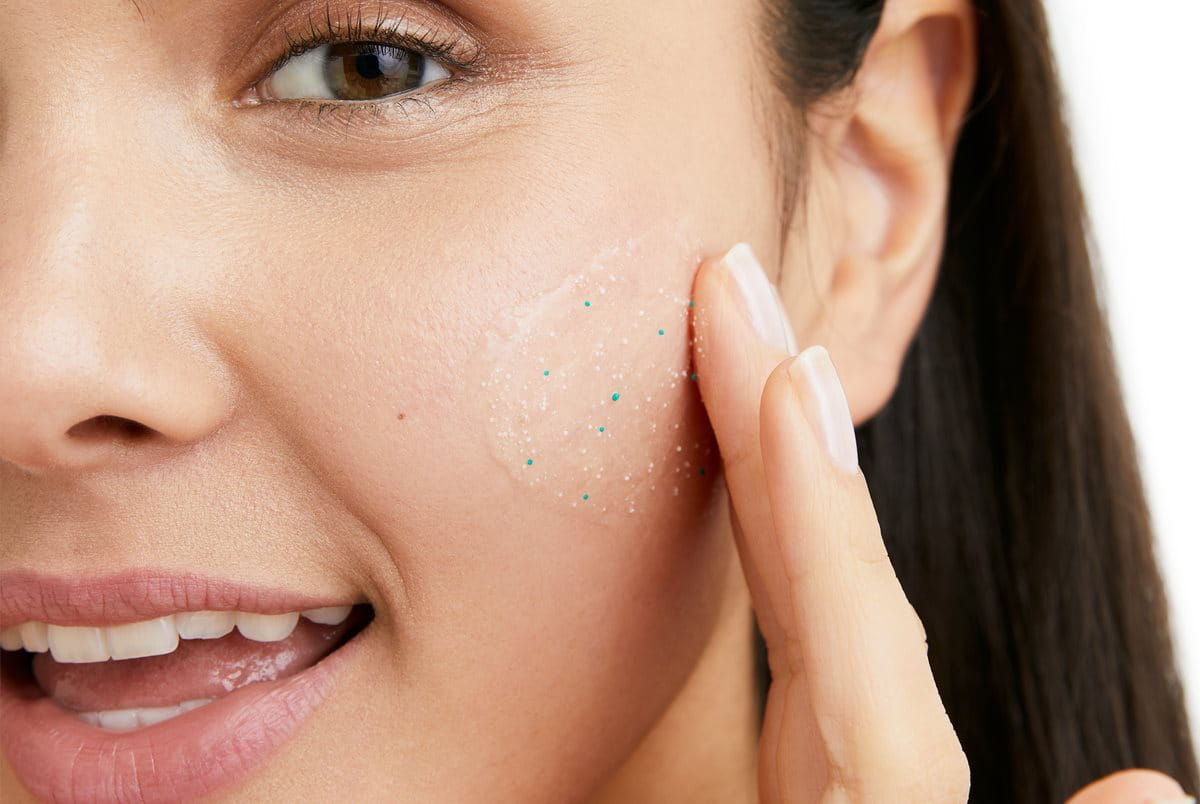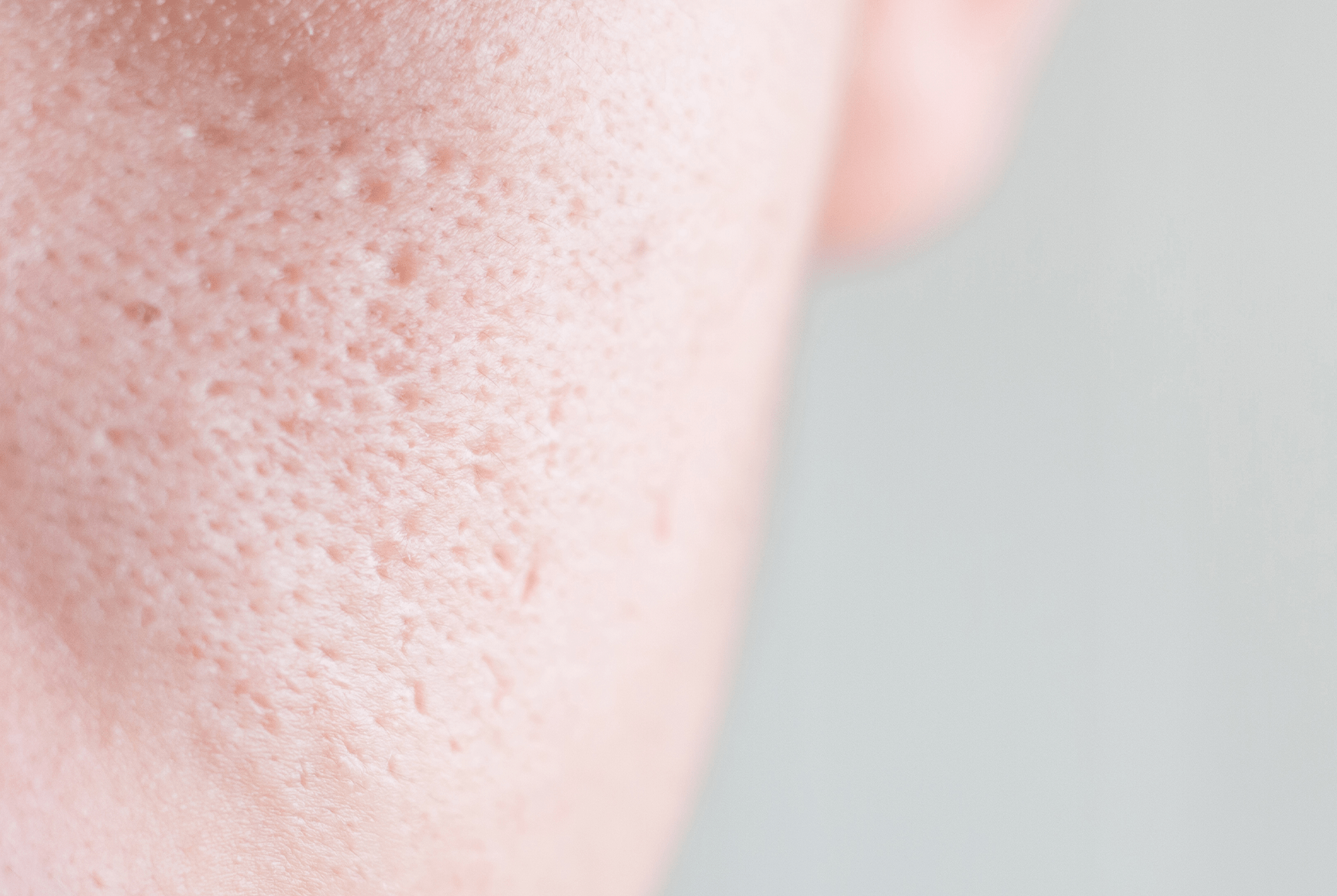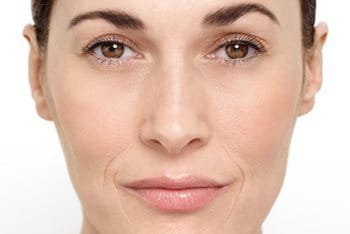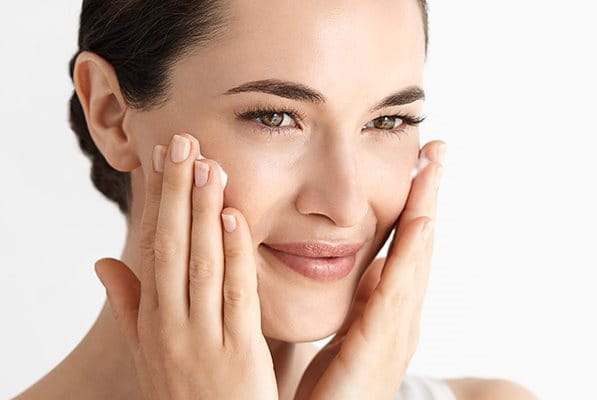2. Exfoliate your skin once or twice a week
If you have oily skin, you should exfoliate your skin once or twice a week to remove debris that can clog your pores, such as dirt, dead skin cells, or excess oil. Exfoliating skincare products can also reduce the appearance of large pores by removing dead skin cells and preventing pore blockages. Here are some types of exfoliating products that can help with large pores:
1. Chemical exfoliants
Products that contain alpha hydroxy acids (AHAs) or beta hydroxy acids (BHAs) that dissolve dead skin cells and unclogged pores. AHAs, like glycolic acid and lactic acid, exfoliate the skin's surface, while BHAs, such as salicylic acid, penetrate deeper into the pores to remove impurities and excess oil.
2. Exfoliating toners
Exfoliating toners with ingredients like AHAs or BHAs can also help remove dead skin cells, refine pores, and balance the skin’s pH levels. It is recommended that you apply the exfoliating toner after cleansing, and then you can continue with moisturising.
3. Exfoliating scrubs or masks
Exfoliating scrubs containing small particles, such as sugar, salt, or microbeads, can help reduce the appearance of large pores by removing dead skin cells and excess oil that can contribute to pore blockages. Additionally, exfoliating masks containing ingredients like clay, enzymes, or AHAs/BHAs can exfoliate the skin and absorb excess oil and impurities, helping to deep-cleanse pores and improve skin texture.

.jpg)
